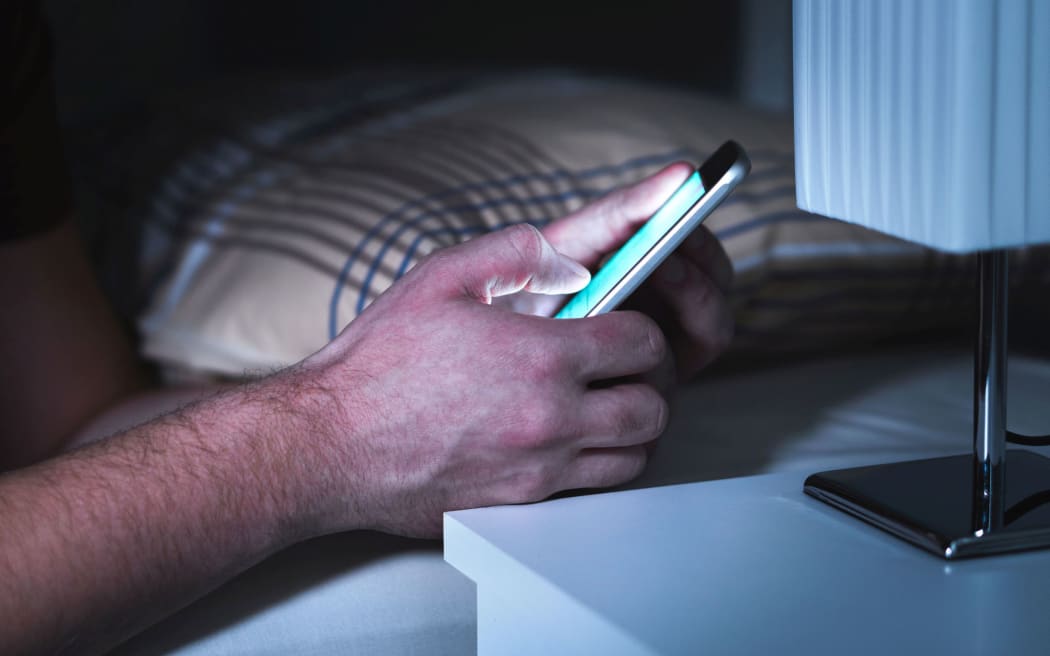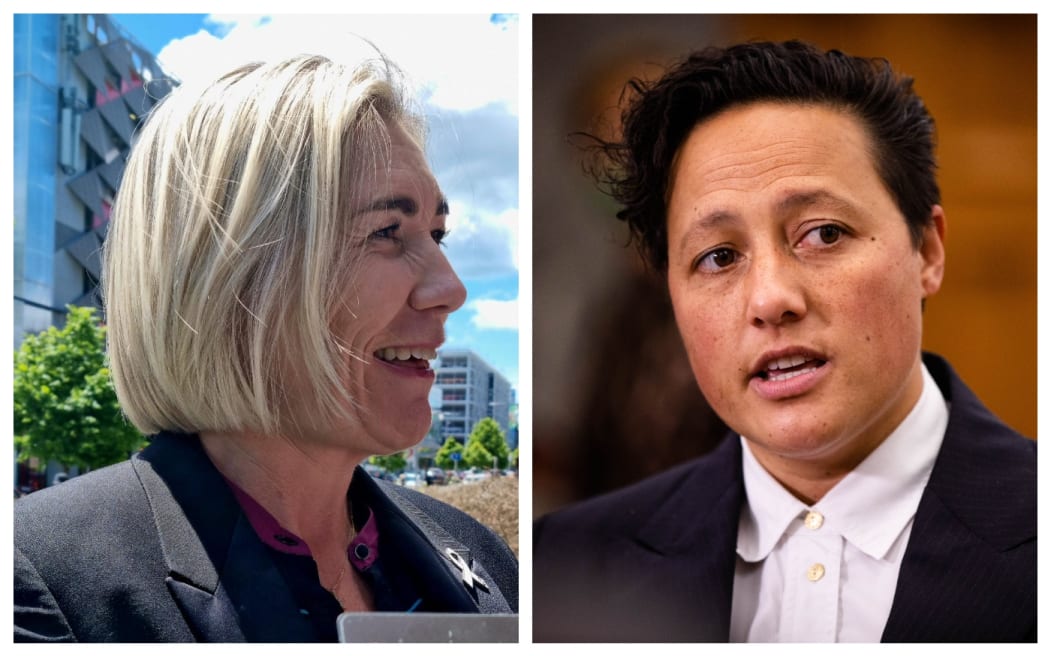
A victim advocate wants the legislation to cover more image-based sexual assault, such as upskirting and photoshopping sexualised imagery into existing pictures. Photo: 123RF
Campaigners against online revenge porn are demanding law changes, saying the current legislation is still unfit for purpose.
The Harmful Digital Communications Act was amended in March so victims no longer need to prove the person who posted the explicit images of them intended to cause harm.
In September 2019 Athena* was in a short relationship where she agreed to be recorded having sex with her partner.
She was reluctant at first and very hesitant but he reassured her that that video would be kept between the two of them and for their eyes only.
They broke up in October 2019 and she was unaware till almost a year later that he had uploaded the video to Pornhub.
Athena* which is not her real name, filed a case with the police three times because they kept losing her file which she said was a re-traumatising process.
"Basically [I was in] just a constant state of anxiety and panic and I was functioning pretty poorly so I had to take an extended period of time off work," she said.
"I had to start on some anti-anxiety medication just to manage that day-to-day anxiety. It felt like a lifetime, it took a good year to get out of that slump. Everything from physically, so just not having any energy and not wanting to get out of bed."
Athena believed the police pushed her case and many others like hers to the bottom of the to-do list.
Adult sexual assault and child protection manager Detective Inspector David Kirby said police have many other issues to tackle.
"Police have to prioritise their workloads all the time. When a complaint comes in it needs to be prioritised as far as the urgency, seriousness and the ability to follow it up."
Victim advocate Ruth Money was unimpressed.
"That's not good enough. The destruction that this harm causes is so wide-reaching and I talk about a ripple effect, it's not just the one survivor who is affected. It is his or her whānau, community, workplace," she said.
Money wanted the legislation to cover more image-based sexual assault, such as upskirting and photoshopping sexualised imagery into existing pictures.
The Ministry of Justice has recently consulted with experts about whether deep fakes and altered images were accurately captured in the law.
In a statement, Justice Minister Kiri Allan said the law covered authentic and synthetically created content such as deepfakes but it was yet to be tested in court.
"The Ministry of Justice recently consulted with experts on issues related to sexual violence in the law, including discussions about deep fakes of a sexual nature, and concerns about whether synthetic or altered images are appropriately captured by the existing legislation," Allan said.
"This is a complex and emerging issue, and would likely be considered in the context of a future review of the HDCA [the Harmful Digital Communications Act]. The online environment is constantly evolving and the ministry plans to review the HDCA in due course."

Ruth Money, left, and Kiri Allan. Photo: RNZ
Money said other gaps needed fixing.
"The survivors don't get the entitlements that other sexual abuse survivors get. It needs to be recognised whether it's in the ACC Act or whether it's in the HDCA. I couldn't care less actually which act it sits in but these survivors are left in literally no man's land, no person's land with no entitlements or support."
A few weeks ago Athena had her ACC court hearing and is awaiting the decision, hoping she and many others may finally get more support.
She was frustrated by the lack of communication between government departments.
"You're having to deal with all these different government departments and getting a different answer at every single step of the way when if they had a central base where they could all connect to each other and share information, maybe my ordeal wouldn't have been prolonged."
Recently RNZ revealed more than 250 children between the ages of 10-14 were among those warned or prosecuted for revenge porn over the last five years.
The number of complaints to the police also doubled from 660 in 2017 to nearly 1400 last year.
But Money said those figures were still low. She put under-reporting down to the system treating victims poorly.
"When they present that kind of information they are judged and they shouldn't be. So police, Netsafe, everybody needs to be trained about that because they are not dealing with survivors who are disclosing abuse well or from an educated perspective around coercive control and abuse that happens."
*RNZ has agreed to change Athena's name to protect her privacy.
Where to get help:
Need to Talk? Free call or text 1737 any time to speak to a trained counsellor, for any reason.
Lifeline: 0800 543 354 or text HELP to 4357
Suicide Crisis Helpline: 0508 828 865 / 0508 TAUTOKO (24/7). This is a service for people who may be thinking about suicide, or those who are concerned about family or friends.
Youthline: 0800 376 633 (24/7) or free text 234 (8am-12am), or email talk@youthline.co.nz
What's Up: online chat (3pm-10pm) or 0800 WHATSUP / 0800 9428 787 helpline (12pm-10pm weekdays, 3pm-11pm weekends)
Asian Family Services: 0800 862 342 Monday to Friday 9am to 8pm or text 832 Monday to Friday 9am - 5pm. Languages spoken: Mandarin, Cantonese, Korean, Vietnamese, Thai, Japanese, Hindi, Gujarati, Marathi and English.
Rural Support Trust Helpline: 0800 787 254
Healthline: 0800 611 116
Rainbow Youth: (09) 376 4155
OUTLine: 0800 688 5463 (6pm-9pm)
Sexual Violence
Victim Support 0800 842 846
Rape Crisis 0800 88 33 00
HELP Call 24/7 (Auckland): 09 623 1700, (Wellington): 04 801 6655 - push 0 at the menu
Survivors Network of those Abused by Priests (SNAP) 022 344 0496
If it is an emergency and you feel like you or someone else is at risk, call 111.







